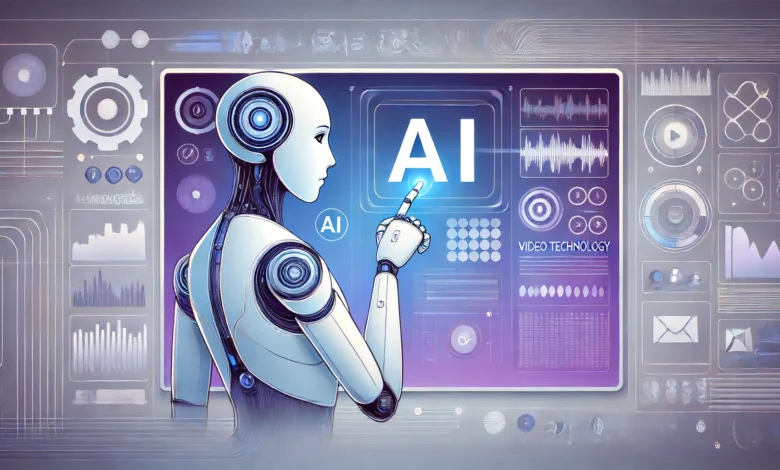AI in Video Production: What You Need to Know

AI is increasingly shaping the landscape of video production. Its capabilities streamline workflows and offer innovative tools for creators. From automated editing to intelligent asset management, AI enhances efficiency while allowing storytellers to focus on their craft. However, this integration raises important questions about ethics and creative limitations. Understanding these dynamics is essential for anyone looking to navigate the evolving world of video production effectively. What implications does this hold for the future of visual storytelling?
Understanding AI and Its Role in Video Production
Artificial intelligence (AI) has emerged as a transformative force in video production, revolutionizing traditional methods and enhancing creative processes.
Through machine learning, AI systems analyze vast datasets, enabling precise content curation and editing.
Furthermore, automation trends streamline workflows, reducing manual labor and allowing creators to focus on artistic vision.
This synergy between technology and creativity fosters unprecedented freedom in producing compelling visual narratives.
See also: The Best Video Editing Software for Vloggers in 2024
Key AI Tools Transforming the Video Production Process
Innovation in video production is significantly driven by a suite of advanced AI tools that streamline various aspects of the creative process.
These tools facilitate efficiency and creativity through:
- Automated editing that reduces post-production time
- Script generation to enhance narrative development
- Smart asset management for seamless collaboration
- Real-time analytics for informed decision-making
Together, these innovations empower creators to push the boundaries of their craft.
Benefits of Integrating AI Into Your Video Projects
The integration of AI into video projects offers a transformative advantage that enhances both production quality and operational efficiency.
Automated editing streamlines workflows, reducing the time required for post-production tasks. This efficiency allows creators to focus on enhanced creativity, exploring innovative storytelling techniques.
Challenges and Considerations When Using AI in Video Production
While the integration of AI can significantly enhance video production workflows, it also presents a range of challenges and considerations that must be addressed.
Key factors include:
- Ethical implications of AI-generated content
- Creative limitations imposed by algorithmic constraints
- Dependency on technology affecting human creativity
- Data privacy issues related to user-generated content
Navigating these challenges is essential for leveraging AI responsibly in video production.
Conclusion
In conclusion, the integration of AI in video production is not merely a trend but a transformative shift that enhances efficiency and creativity. Notably, a recent study found that AI-driven tools can reduce editing time by up to 50%, allowing creators to focus more on narrative development. However, as the industry embraces these advancements, it remains essential to navigate the ethical implications and maintain a balance between technological capabilities and artistic integrity for compelling storytelling.




